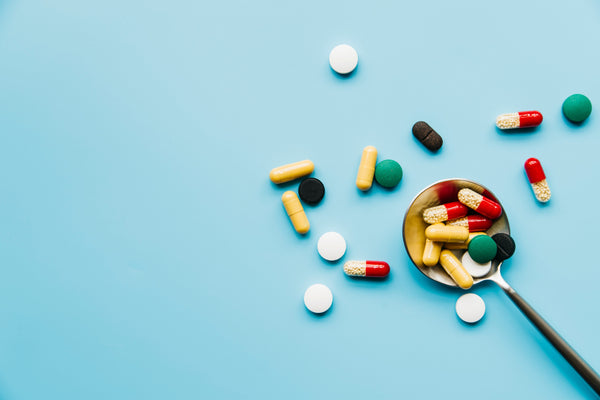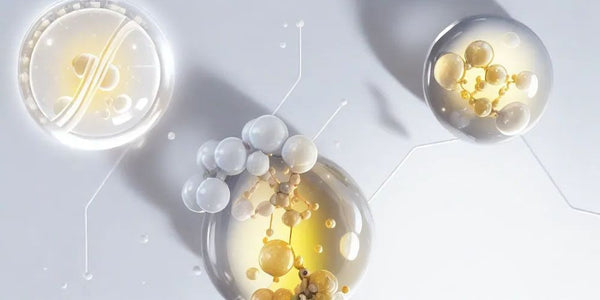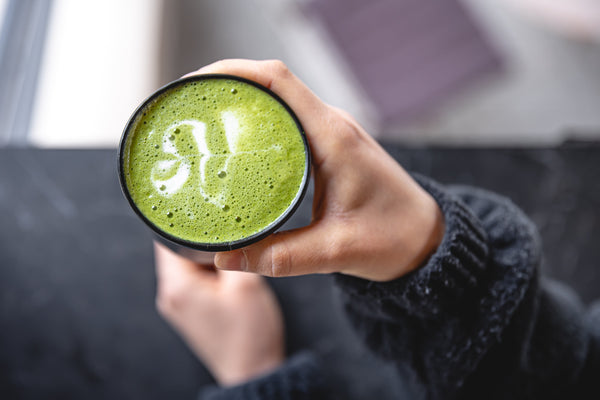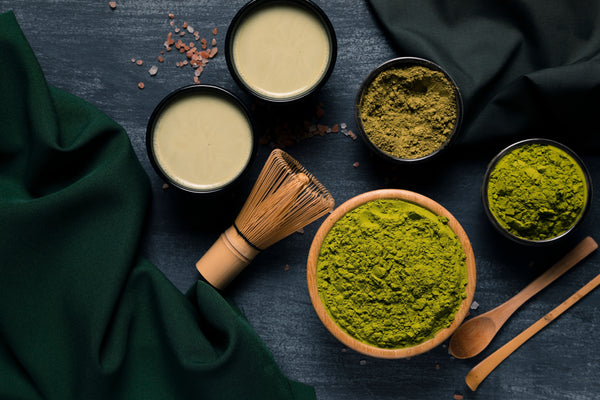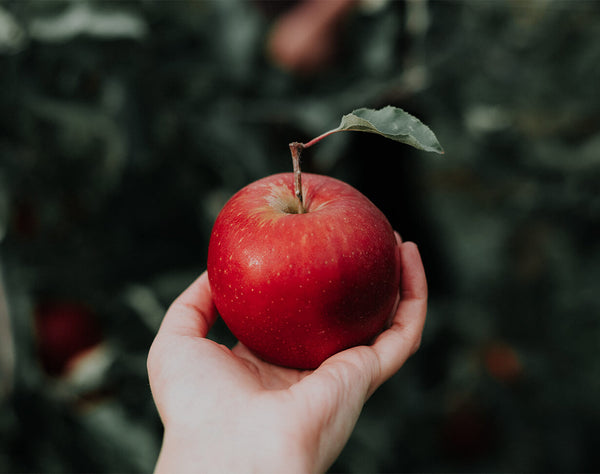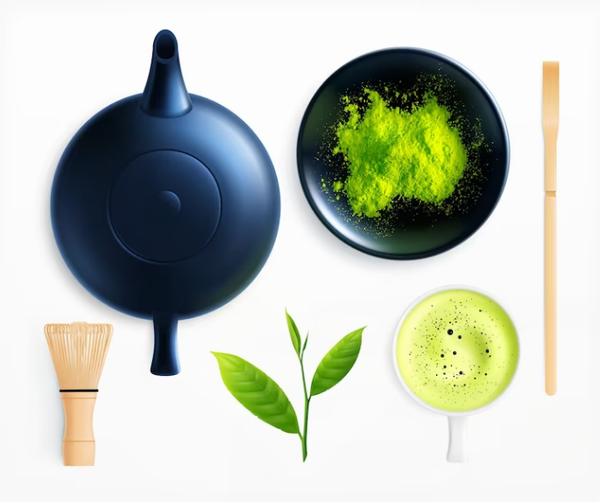Just like your house, your body needs a thorough cleanse once in a while. A detox diet is meant to clean your body, removing toxins from the liver, intestines and the bloodstream. These toxins build up in our body through the food we ingest or the air we breathe. The detox diet involves a change in food consumption to achieve this target.
While detox diets like green detox have gained popularity in the media as a quick weight-loss strategy, its origins can be traced back centuries with deep religious connotations. Most religions, from Hinduism to Christianity and Islam recommend a period fasting to purify the soul, focus the mind and the body. The conditions of these religious fasts are remarkably close to the modern detox, from the meat-abstaining period of Lent, to the many fasts of Hinduism.
Among the most restrictive detox diets is the celebrity favourite Master Cleanse. It recommends 4 cups of salt water in the morning followed by 6-12 glasses of lemonade, (made with fresh lemon juice, cayenne pepper, maple syrup, and water), and a cup of laxative tea at night. While the complete absence of solid foods in this diet may help in achieving rapid weight loss, it removes all nutritive food from a diet. It can cause dehydration, interfere in gut health, and increase the risk of metabolic acidosis.
In contrast, a green detox includes fruits and vegetables, albeit in a liquid form. The diet starts with a fast, followed by 10 days taking only juices. After 13 days you can make a gradual switch with raw food. A detox regime usually also involves a body cleanse once a day with sauna, herb bath, aromatherapy, laxatives, or enemas. The idea behind the regime is to utilise the food to remove the toxins and the body cleanse to rinse it out of your body.
The green detox diet focuses on imbibing juices every two hours throughout the day. These can be fruit juices or green juices that combine green leafy vegetables. Getting all these fresh fruits and vegetables can be a challenge. Our Daily Green effervescent tablets offer an easy solution. Made with 39 organic ingredients, it contains superfoods like spinach, kale, spirulina, aloe vera, wheatgrass, brussel sprouts, chlorella, basil, acai, broccoli, ashwagandha, alfalfa, moringa, blueberry, turmeric, green tea, cinnamon, and more. Many of these ingredients are recommended by Bengaluru-based leading healthcare providers, Narayana Health. To make the green juice, just drop a tablet in a glass of water for a fizzy nutritious drink.
If the liquid diet is too restrictive, you can add raw food for one meal, ideally a fruit or vegetable. The foods that must be strictly avoided are alcohol, processed or refined food, caffeine and tobacco.
References:
1. Religious Origins of the Detox Diet, Newsweek, Karen Springen and Anna Kuchment, http://local.psy.miami.edu/faculty/mmccullough/Media%20Coverage/Religious%20Origins%20of%20the%20Detox%20Diet.pdf
2. National Center for Complementary and Integrative Health https://www.nccih.nih.gov/health/detoxes-and-cleanses-what-you-need-to-know
3. The Master Cleanse Website https://themastercleanse.com/
4. The dubious practice of detox, Harvard Health Publishing https://www.health.harvard.edu/staying-healthy/the-dubious-practice-of-detox
5. Detox Diets: Cleansing the Body, Nourish by WebMD, Jeanie Lerche Davis https://www.webmd.com/diet/features/detox-diets-cleansing-body#1
6. DETOX FOODS : DETOXIFICATION IS AN ESSENTIAL PART OF OPTIMAL HEALTH, Narayana Health https://www.narayanahealth.org/blog/detox-foods-detoxification-is-an-essential-part-of-optimal-health/
7. National Center for Complementary and Integrative Health https://www.nccih.nih.gov/health/detoxes-and-cleanses-what-you-need-to-know
While detox diets like green detox have gained popularity in the media as a quick weight-loss strategy, its origins can be traced back centuries with deep religious connotations. Most religions, from Hinduism to Christianity and Islam recommend a period fasting to purify the soul, focus the mind and the body. The conditions of these religious fasts are remarkably close to the modern detox, from the meat-abstaining period of Lent, to the many fasts of Hinduism.
What does the research say?
According to the National Center for Complementary and Integrative Health, in the US, the evidence on the efficacy of detox diets is inadequate. A small number of studies have found that detox diets can yield positive results in weight loss, blood pressure, and insulin resistance. However, these studies were not up to the standard. A 2015 review remained inconclusive on the efficacy of such diets in reducing weight or eliminating toxins.What is a good detox diet?
There are many different types of detox diets, some more restrictive than others. Most detox diets recommend a period of fasting followed by certain dietary regulations. A good detox diet focuses on the consumption of fruits and vegetables with the complete elimination of processed foods.Among the most restrictive detox diets is the celebrity favourite Master Cleanse. It recommends 4 cups of salt water in the morning followed by 6-12 glasses of lemonade, (made with fresh lemon juice, cayenne pepper, maple syrup, and water), and a cup of laxative tea at night. While the complete absence of solid foods in this diet may help in achieving rapid weight loss, it removes all nutritive food from a diet. It can cause dehydration, interfere in gut health, and increase the risk of metabolic acidosis.
In contrast, a green detox includes fruits and vegetables, albeit in a liquid form. The diet starts with a fast, followed by 10 days taking only juices. After 13 days you can make a gradual switch with raw food. A detox regime usually also involves a body cleanse once a day with sauna, herb bath, aromatherapy, laxatives, or enemas. The idea behind the regime is to utilise the food to remove the toxins and the body cleanse to rinse it out of your body.
A detox diet
What should an ideal detox diet look like?The green detox diet focuses on imbibing juices every two hours throughout the day. These can be fruit juices or green juices that combine green leafy vegetables. Getting all these fresh fruits and vegetables can be a challenge. Our Daily Green effervescent tablets offer an easy solution. Made with 39 organic ingredients, it contains superfoods like spinach, kale, spirulina, aloe vera, wheatgrass, brussel sprouts, chlorella, basil, acai, broccoli, ashwagandha, alfalfa, moringa, blueberry, turmeric, green tea, cinnamon, and more. Many of these ingredients are recommended by Bengaluru-based leading healthcare providers, Narayana Health. To make the green juice, just drop a tablet in a glass of water for a fizzy nutritious drink.
If the liquid diet is too restrictive, you can add raw food for one meal, ideally a fruit or vegetable. The foods that must be strictly avoided are alcohol, processed or refined food, caffeine and tobacco.
What you should be aware of:
A detox diet is very restrictive and hence, should not be followed by children or people who have to follow dietary regulations. Certain detox foods like beetroot and spinach are high in oxalates, which can cause kidney problems. Drinking large quantities of liquid food can result in electrolyte imbalance. Hence, it must be followed for a limited period. Body cleansing methods like enema and laxatives can lead to diarrhea and is not recommended for people with gastrointestinal, heart, or kidney problems.References:
1. Religious Origins of the Detox Diet, Newsweek, Karen Springen and Anna Kuchment, http://local.psy.miami.edu/faculty/mmccullough/Media%20Coverage/Religious%20Origins%20of%20the%20Detox%20Diet.pdf
2. National Center for Complementary and Integrative Health https://www.nccih.nih.gov/health/detoxes-and-cleanses-what-you-need-to-know
3. The Master Cleanse Website https://themastercleanse.com/
4. The dubious practice of detox, Harvard Health Publishing https://www.health.harvard.edu/staying-healthy/the-dubious-practice-of-detox
5. Detox Diets: Cleansing the Body, Nourish by WebMD, Jeanie Lerche Davis https://www.webmd.com/diet/features/detox-diets-cleansing-body#1
6. DETOX FOODS : DETOXIFICATION IS AN ESSENTIAL PART OF OPTIMAL HEALTH, Narayana Health https://www.narayanahealth.org/blog/detox-foods-detoxification-is-an-essential-part-of-optimal-health/
7. National Center for Complementary and Integrative Health https://www.nccih.nih.gov/health/detoxes-and-cleanses-what-you-need-to-know














